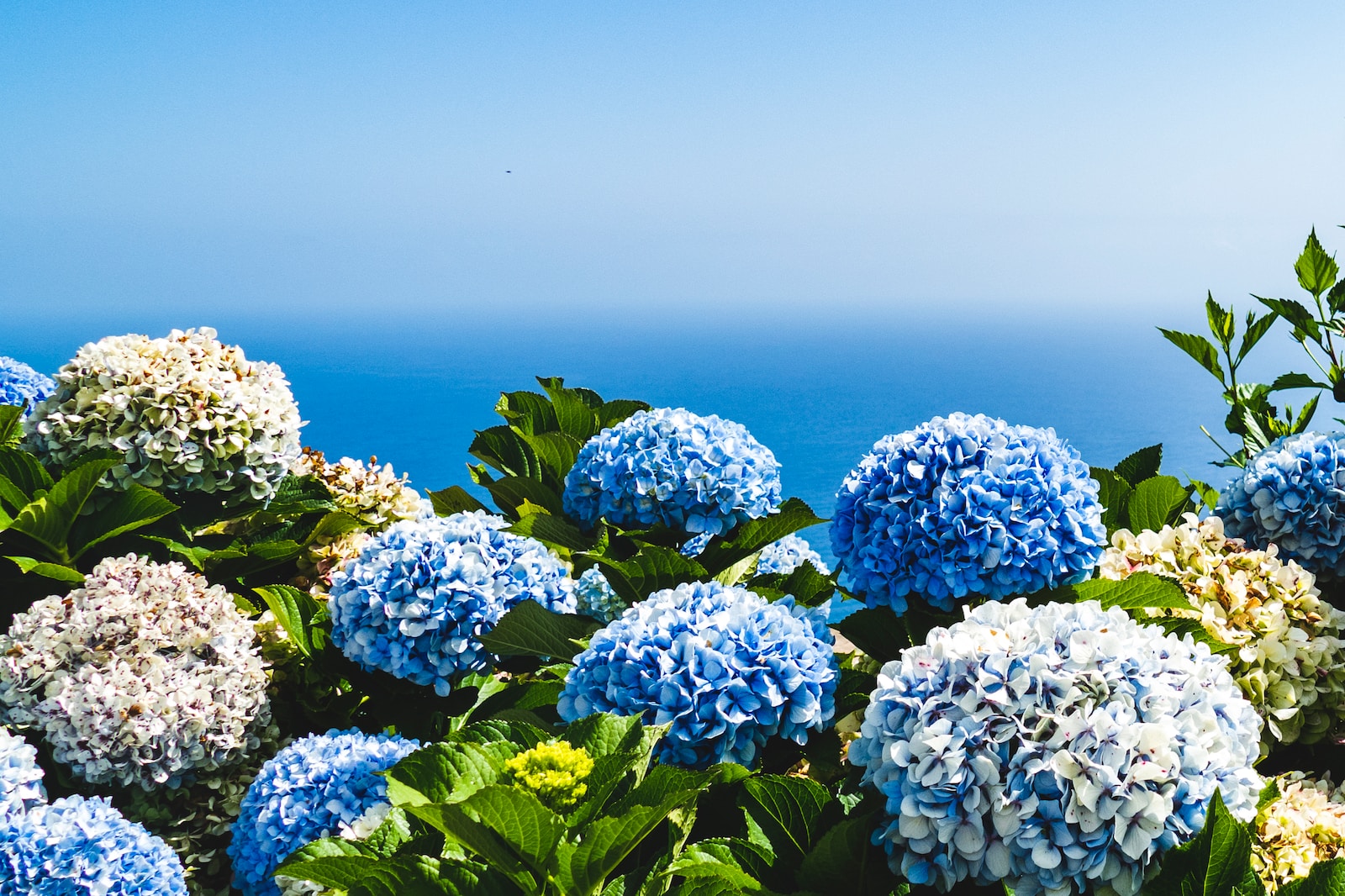Share this article with your network of friends!
As seniors with a passion for gardening and a love for vibrant blooms, growing hydrangeas can be a delightful and rewarding experience. These enchanting shrubs are known for their stunning and abundant flowers, adding a touch of elegance and charm to any garden. In this article, we share valuable tips and insights to help fellow seniors cultivate the best blooms when growing hydrangea plants, ensuring a colorful and thriving garden to enjoy throughout the seasons.
1. Choose the Right Variety:
Before planting hydrangeas, it’s essential to select the right variety that suits your climate and garden conditions. Some popular hydrangea species include Bigleaf Hydrangeas (Hydrangea macrophylla), Panicle Hydrangeas (Hydrangea paniculata), and Oakleaf Hydrangeas (Hydrangea quercifolia). Each species has unique characteristics, so research and choose the one best suited to your garden’s environment.
2. Location, Location, Location:
Hydrangeas thrive in locations with the right balance of sunlight and shade. Plant them in an area that receives morning sun and afternoon shade to prevent the plants from wilting under the scorching afternoon heat. Adequate sunlight is essential for blooming, but too much direct sun can lead to leaf burn and reduced flower production.
3. Soil Matters:
Hydrangeas prefer well-draining soil with a slightly acidic to neutral pH level. Amend the soil with organic matter such as compost or well-rotted manure to improve drainage and nutrient content. Keeping the soil consistently moist but not waterlogged is crucial for healthy plant growth and bountiful blooms.
4. Pruning Techniques:
Knowing when and how to prune your hydrangeas is vital for encouraging optimal blooming. Different species require different pruning techniques, so be sure to research the specific variety you have planted. Generally, pruning should be done immediately after flowering, as many hydrangeas bloom on old wood. Removing dead or damaged branches regularly can also promote healthy growth and flowering.
5. Fertilize with Care:
Over-fertilizing hydrangeas can lead to excessive leaf growth at the expense of flowers. Use a balanced, slow-release fertilizer in spring, avoiding high-nitrogen fertilizers that promote leafy growth. Applying a phosphorus-rich fertilizer can help encourage blooming.
6. Mulch and Moisture:
A layer of organic mulch, such as wood chips or shredded leaves, can help retain soil moisture and regulate soil temperature. Mulching also suppresses weed growth around the hydrangeas, ensuring they receive the nutrients they need for optimal flowering.
7. Hydration and Hydrangeas:
Hydrangeas are named for their love of water, and maintaining consistent soil moisture is essential for healthy plants and blooms. During hot and dry periods, water deeply and regularly, particularly during the flowering season. A soaker hose or drip irrigation system can be beneficial for providing even moisture to the plants’ root zones.
Conclusion:
Growing hydrangeas for best blooms is a gratifying endeavor that allows seniors to create a stunning and vibrant garden space. By choosing the right variety, providing the ideal growing conditions, pruning with care, and ensuring proper hydration, you can enjoy a beautiful display of hydrangea flowers that will brighten your garden and bring joy throughout the growing season. As seasoned gardeners, we know the value of patience and tender care, and with these tips, we can create a blooming haven that reflects our love for nature and beauty. So, let’s roll up our sleeves, embrace the joy of gardening, and watch as our hydrangeas flourish, adding a touch of elegance and serenity to our outdoor spaces.
DISCLAIMER: This website contains articles for informational and entertainment purposes only. No articles on this website should be considered as professional advice for any medical, legal, or financial matter. Advertisements and content may contain affiliate links, where the website earns a commission for sales derived from our users.





